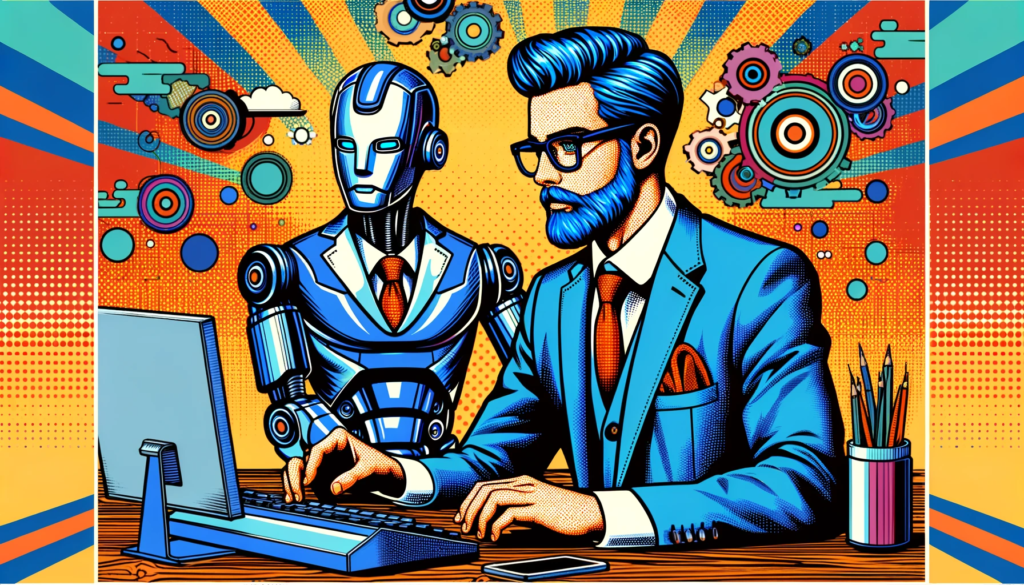At the nexus of Artificial Intelligence (AI) and Blockchain, a groundbreaking convergence is transpiring — Decentralised Machine Learning (DML). DML has emerged as a transformative technology, reshaping the contours of AI, Blockchain, and data privacy.
This detailed exposition will navigate the complex terrain of DML, outlining how it embodies the future of AI and Blockchain, and its implications for various industries.
Machine Learning: An AI Revolution
To appreciate the impact of DML, it’s crucial to understand Machine Learning (ML) as a transformative subfield of AI.
- Machine Learning involves algorithms that learn and improve from experience, without being explicitly programmed. ML utilises data to identify patterns, make decisions, and predict outcomes.
- The ML process is generally centralised, with data being collected and processed at a central location, often by a single entity. However, this approach presents concerns around data privacy and security.
Herein lies the potential of Decentralised Machine Learning.
Decentralised Machine Learning: A New Paradigm
Decentralised Machine Learning, as the name suggests, involves distributing the ML process across multiple nodes or devices, typically on a blockchain network. This novel approach offers a range of benefits that address the limitations of centralised ML.
Advantages of DML
The transition to a decentralised approach in Machine Learning unlocks several key advantages:
- Data Privacy: With DML, data can be processed locally on a user’s device, ensuring privacy and reducing the risk of data breaches.
- Data Ownership: Blockchain’s inherent data immutability guarantees that data contributors maintain control and ownership of their data.
- Computational Efficiency: DML can distribute computational tasks across multiple nodes, potentially speeding up processing times and reducing the load on individual devices.
So, how does DML function in practice?
The Mechanics of DML: A Blockchain-Powered Approach
In DML, machine learning models are typically trained on local data at each node (for example, a user’s device) in the blockchain network. The learnings from each local model are then shared across the network. This process is often referred to as federated learning.
Federated Learning: Powering DML
Federated Learning involves training ML models on local devices, and then sharing the model updates, rather than raw data, across the network. This ensures data privacy while enabling collective learning from a diverse dataset.
Here’s how the process generally unfolds:
- Each node trains a ML model on local data.
- The model updates from each node are shared across the network.
- These updates are aggregated to create a global model, which is then shared back with all nodes.
- Each node updates its local model based on the global model, and the process repeats.
This decentralised and collaborative approach to ML has significant implications for industries where data privacy is crucial, such as healthcare and finance.
The Future of Decentralised Machine Learning
The confluence of AI and Blockchain in the form of Decentralised Machine Learning opens up exciting possibilities for the future. As industries continue to grapple with data privacy and security concerns, DML offers a promising solution that upholds data integrity while unlocking the benefits of collective learning.
While we are still in the early stages of this evolution, the potential of DML is undeniable. Can we expect DML to reshape the AI and Blockchain landscapes? Given the current trajectory, it appears that the future of AI and Blockchain will be significantly influenced by the development and adoption of Decentralised Machine Learning.

